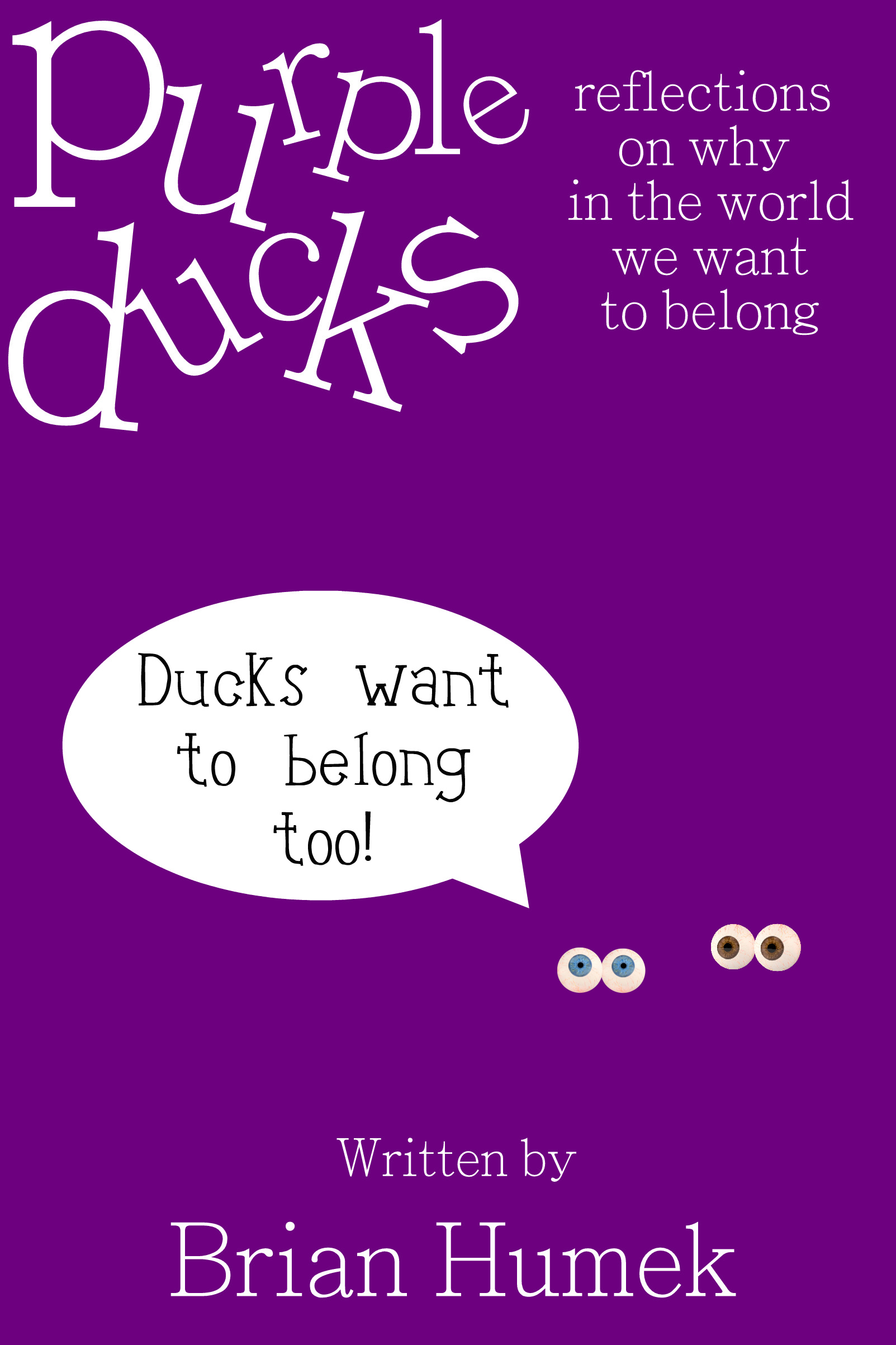This review originally appeared Mmmmm, That’s Good Coffee – Written by Rick Stilwell (reposted here by permission)
It’s been a long long time since I posted a legitimate review here. Or an illegit one, for that matter. I found myself unable to get into any of the books on my nightstand, and I haven’t made it much more than fifty pages into anything substantial in months. But I’ve got a backlog now, and this one came at a good time with the invitation to start in the middle, if that’s what worked best for me.
In Organic Community (copyright 2007, BakerBooks, publisher), Joe Myers tries to build a structure and a framework for natural things to happen. It’s not easy – most people reading "a church resource" want a blueprint for the whole thing. That’s not this book, and if that’s what you’re looking for, keep looking. Instead, this book asks mostly questions, gives very few answers, and then those pesky answers only serve to open up more questions – which is why I liked it.
I read the forwards and the intro, and on page 20 he gives an overview of the framework here:
This book will not build an argument from chapter to chapter. It is more like a mobile. Each chapter is independent in the sense that each has a self-contained message. Each chapter is dependent in the sense that each one is richer in the context of the other chapters. Each chapter provides some balance to the other chapters to keep the mobile swinging freely and in harmony as a whole. You can read them in an order that makes sense to you; I have organized them in a sequence that makes sense to me. (p. 20)
And with that, I turned to page 133 to read what Myers had written about accountability ("Partners: healthy alliances"), something that’s been around in my head the past few weeks. While reading, I kept hoping he would take a tougher stand against the practice of "accountability groups" for the reasons he was giving for them not always being a good thing. But then what he did say about "edit-ability" versus "accountability" – that was spot on. Where an accountant looks for problems, looks for rules being obeyed or broken, looks to make sure all the laws are followed – instead, an editor looks for the best way to make sure the author’s voice is heard, looks for what’s wrong, what can be better, what can be stated differently, and even finds where it’s already really good. There’s an encouragement aspect to being an "editor" – seeking to help the author find his voice. That’s good stuff, especially for this writer in search of his own voice, literally and figuratively in many ways.
From there, I flipped to chapter six – "Power: authority, moving from positional to revolving". With so many churches and friends in churches seeing problems with authority in whatever shape or form, this one was another in which to sink my teeth. Myers gives a case for a revolving view of power, one where the power isn’t in the position but in the project, shared among the participants. In a marriage, if the partners only view themselves as just "the spouse" and not as growing participants of the whole, there might be something wrong. The marriage should drive the roles and the power, with each having the reins at various points around what needs to be done. His military analogy worked better for me, sharing the story of soldiers in Iraq seeking to build an ER on the frontlines. A solder had wandered from post, breaking rank and disobeying orders – but he had seen militants entering through an opening in the perimeter, so he left to protect "the project". The commanding officer "recognized that insistence on policy and protocol would not have been helpful. Power is not so much a system of submission as it is a system of living that maximizes individual and communal sources of power" (p. 101). In effect, "the project holds the power" (p. 102 pullout quote) – and I admit, what makes this book worth the time to me is that this is still working through me and through my thoughts on this in the setting of church, church leadership, small groups, and at work as well.
One more stop to detail as I went from accountability to power to chapter three on "Participation: responsible anarchy, moving from representative to individual". In reading through the book this week after the Virginia Tech shootings and the Don Imus debacle, this chapter title/tagline jumps off at me. Myers writes, "People long to participate. They are looking for their place, a place that feels like home. However, many times there’s a disconnect between longing to participate and actually participating" (pp. 53-54). I think his balance here, reading the chapters in "the order that makes sense to me", is to bring some rounding to the previous thoughts on the project holding the power. That balance is that the work is done by the individual – we participate as you and me with a mindset towards we and us.
At least, that’s my take in this first readthrough, and that might change as I continue jumping and flipping back and forth through this book. Anyone leading small groups, looking for encouragement and challenge, trying to do something that really impacts people in a meaningful way – this book is a catalyst for that. It will not revolutionize anything that’s not started already. If you’re not on a journey into these waters yet, I don’t think it’ll have the punch. But if you’re in the thick of it and need that next kick in the pants to just move forward, then this is a good kick in the pants to restart the conversation and creative juices.













